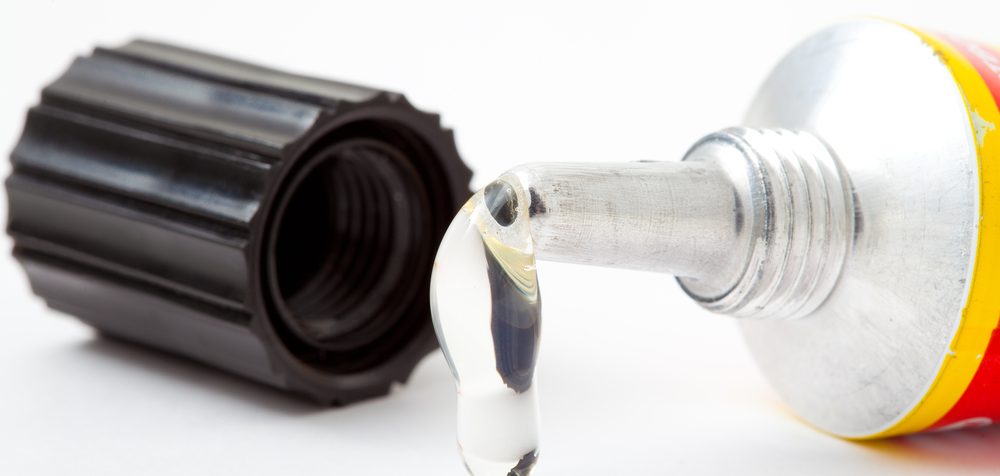
A new reversible glue created by a team at Newcastle University’s School of Engineering may change how we recycle. Currently, labels are usually removed from items to be recycled, adding cost and time to the process.
The reversible glue is a water-based emulsion that bonds surfaces together and can be separated by water that is either acidic or alkaline. The emulsion contains polymers that are kept stable and can stick to different surfaces due to its electrical charge. When the bond is immersed in water that is either slightly acidic or alkaline, the bond falls apart.
The glue is produced using current industrial processes, and is developed from cheap materials so it can be scaled up easily. As it is water-based, it does not have the volatile organic solvents used in many commercial glues. But, unlike other water-based adhesives, exposure to humid environments does not cause the bond to fail. Its shelf life at room temperature is at least one year. It is particularly effective at surfaces used in the packaging industry, such as polypropylene and polyethylene, which are inaccessible to many glues.
“We have been working with the waste management company, Biffa, and we have shown that with our glue, a propylene label stuck to a PET bottle can be removed by the wash water in their recycling plant. Although the bottles can be recycled, these labels are usually sent to landfill, so we know our technology can really make a difference. There will be many other industries where our glue can be used, and we look forward to working with other companies,” said Dr. Adriana Sierra-Romero, first author of the paper.
